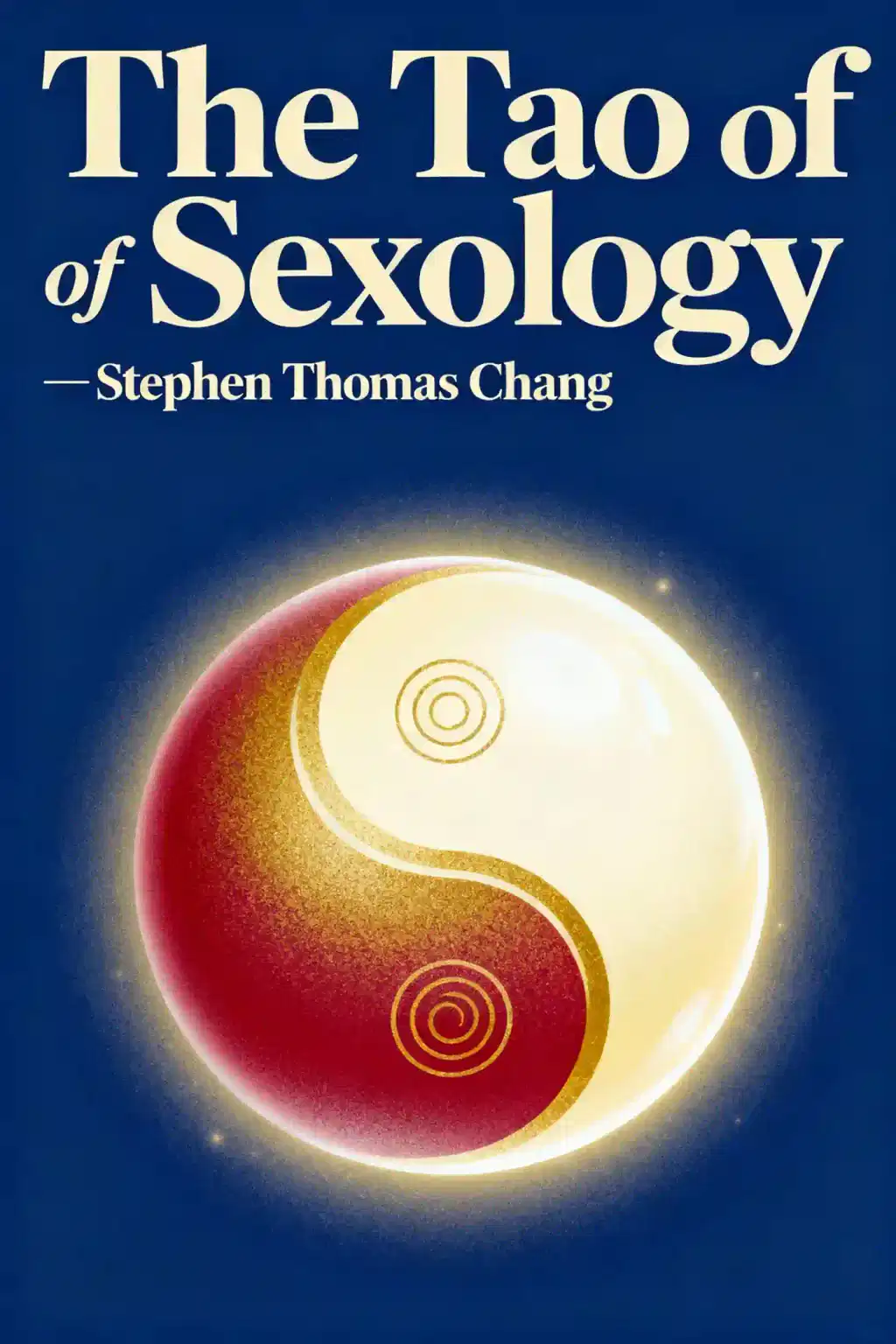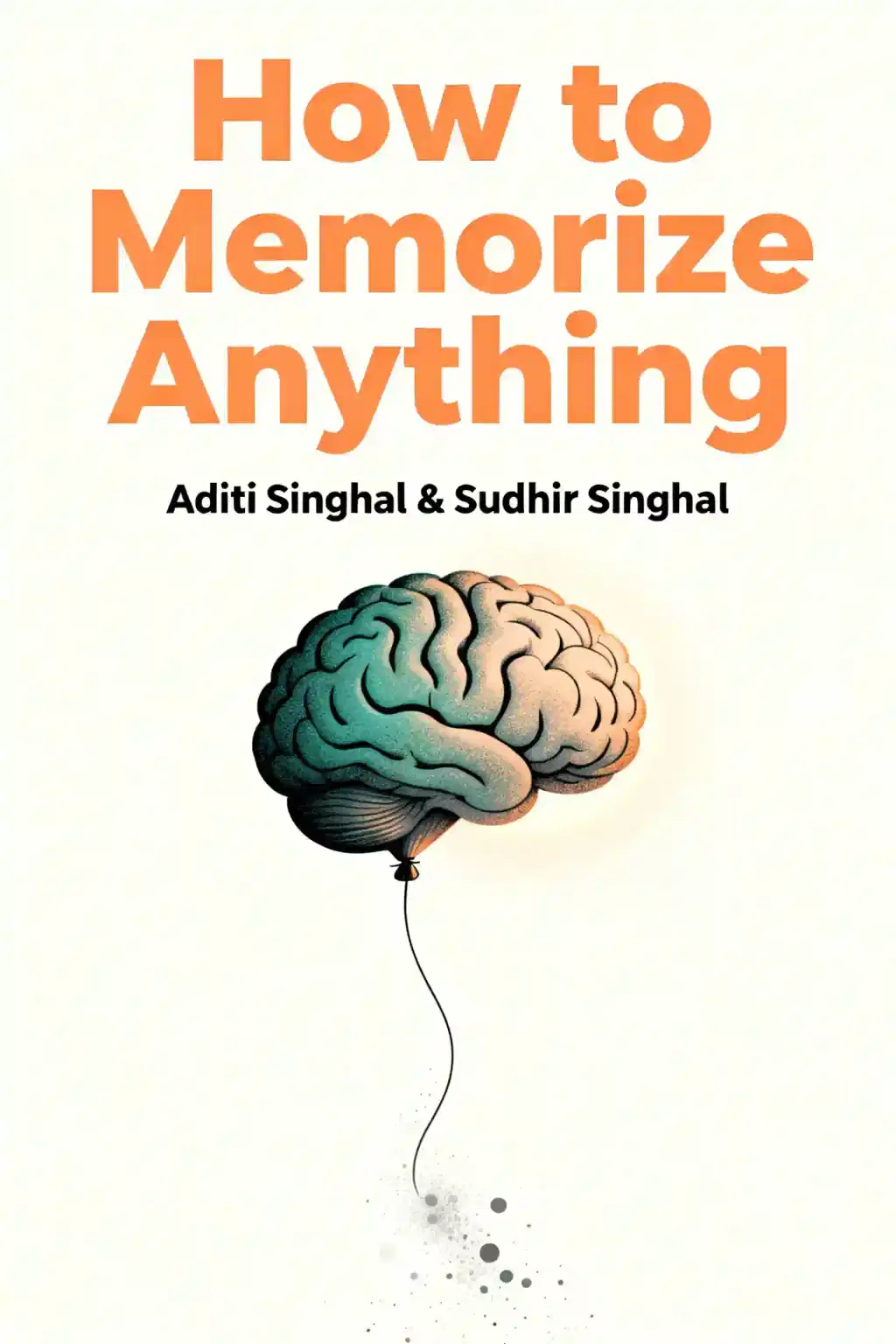What is
Begin Again by Eddie S. Glaude Jr. about?
Begin Again blends biography, history, and social critique to explore James Baldwin’s writings on racial injustice in America. Glaude argues that Baldwin’s insights—particularly his rejection of America’s myth of inherent goodness—offer urgent lessons for confronting systemic racism today, from the Black Lives Matter movement to modern identity politics.
Who should read
Begin Again?
This book is ideal for readers interested in racial justice, Baldwin’s legacy, or understanding America’s cyclical struggles with race. Scholars, activists, and general audiences will appreciate its mix of literary analysis and contemporary relevance, especially its ties to movements like #BlackLivesMatter and debates over Confederate monuments.
Is
Begin Again worth reading?
Yes—Glaude’s synthesis of Baldwin’s later works (like No Name in the Street) with modern crises provides a fresh lens on racial dynamics. Its accessible yet scholarly tone earned praise as a “New York Times bestseller” and a “masterful reckoning” with America’s unresolved tensions.
How does
Begin Again connect James Baldwin’s ideas to modern movements?
Glaude links Baldwin’s critique of 1960s white liberalism to today’s struggles, showing how systemic racism persists in policing, voter suppression, and backlash against progress. The book parallels Baldwin’s disillusionment after MLK’s assassination with contemporary reactions to Obama’s presidency and Trump’s rise.
What is “the lie” Glaude discusses in
Begin Again?
“The lie” refers to America’s false narrative of inherent moral superiority, which Baldwin exposed. Glaude argues this delusion sustains systemic racism by absolving white Americans of accountability for historical and ongoing violence against Black communities.
How does
Begin Again analyze Baldwin’s later works?
Glaude highlights Baldwin’s shift from appealing to white conscience (in The Fire Next Time) to prioritizing Black agency. He praises No Name in the Street as Baldwin’s boldest social critique, confronting police brutality and liberal hypocrisy decades before modern activism.
What critiques does
Begin Again offer about the civil rights movement?
Glaude and Baldwin argue the movement’s gains were undermined by America’s refusal to dismantle systemic racism. White backlash—from Reagan’s policies to Trump’s election—repeated cycles of progress and regression, revealing the nation’s failure to “begin again”.
Why does Glaude emphasize Baldwin’s time in Istanbul?
Baldwin’s self-imposed exile in Istanbul (after MLK’s murder) symbolizes his detachment from U.S. racial dynamics. Glaude suggests this distance allowed Baldwin to critique America more sharply, free from the pressures of 1960s activism.
How does
Begin Again address identity politics?
Glaude warns that rigid identity categories can obscure systemic issues, echoing Baldwin’s fear that labels “cut us off from the complexity of the world.” The book advocates transcending divisions through truth-telling about race and history.
What makes Glaude’s approach to Baldwin unique?
Unlike traditional biographies, Begin Again “thinks with Baldwin,” weaving memoir and current events (like Ferguson protests) into literary analysis. This mirrors Baldwin’s own style, creating a “painting of thought” that feels urgently contemporary.
How does the title
Begin Again reflect its themes?
The phrase, borrowed from Baldwin’s novel Just Above My Head, signifies America’s need for a third reckoning with race after Reconstruction and civil rights failures. Glaude argues this requires abandoning myths of white innocence to build a truly equitable society.
What lessons does
Begin Again offer for racial justice today?
Glaude urges a “revolution of value” centering Black humanity, truth-telling about systemic oppression, and rejecting incremental reforms. By learning from Baldwin’s unflinching witness, the book calls for radical solidarity to break America’s racial cycle.















